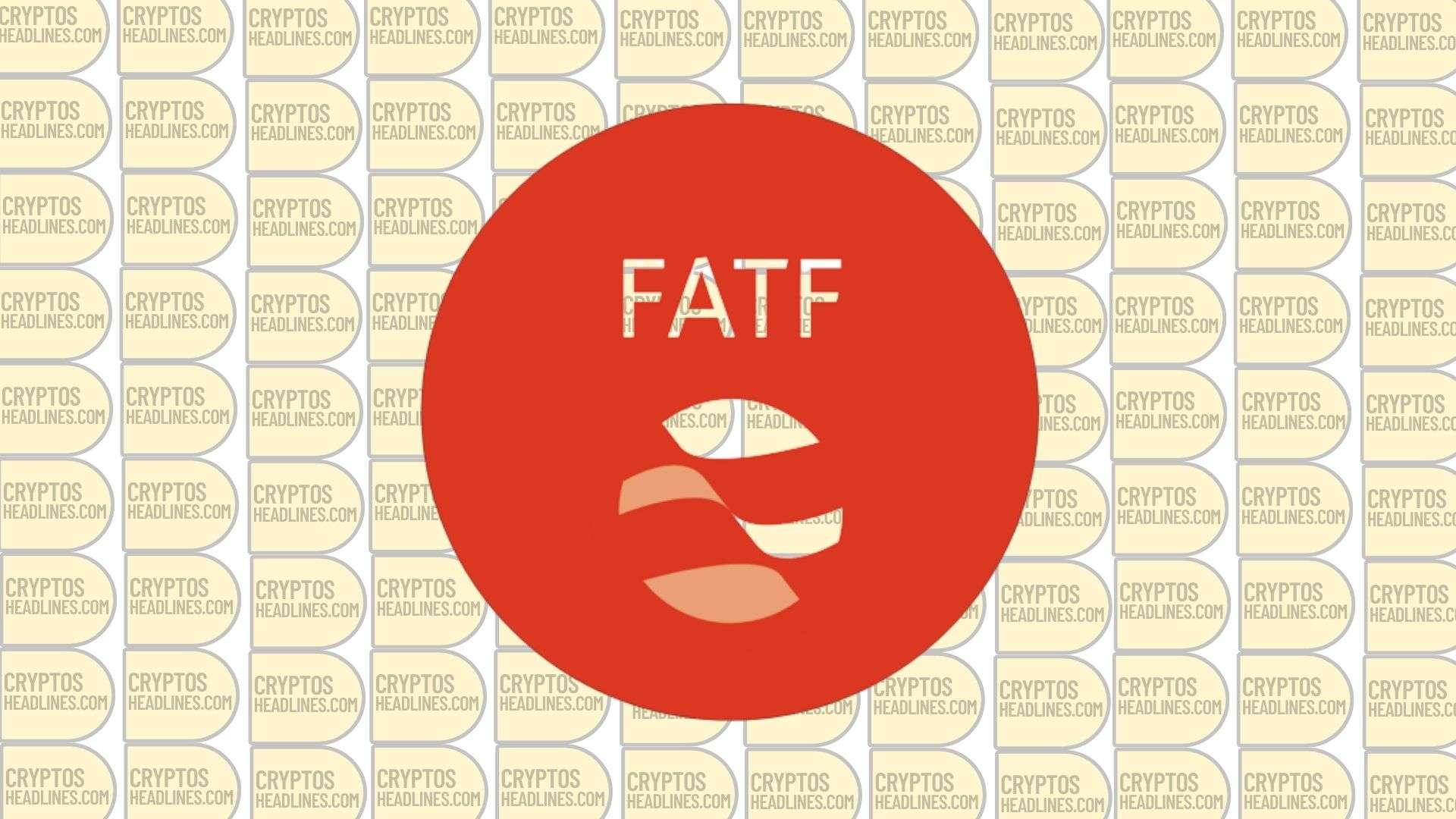United Nations urges member states to promptly implement the Travel Rule to address regulatory gaps. The international body emphasizes the need for swift action to close existing loopholes and ensure comprehensive protection within the financial system.
Financial Action Task Force renews call for countries to implement “Travel Rule” against cryptocurrency-enabled money laundering and terrorism financing. The Task Force emphasizes the importance of adopting this measure to combat illicit activities facilitated by cryptocurrencies, promoting global efforts in enhancing financial security.
United Nations body highlights non-compliance of “many” member states in implementing the Travel Rule. Following a series of meetings at its Paris headquarters, the Financial Action Task Force (FATF), responsible for combating money laundering and terrorist financing, emphasizes the need for member states to adhere to the rule.
The FATF plenary has concluded. Delegates of governments from around the world discussed a range of money laundering and terrorist financing issues.
See the outcomes of the plenary here➡️ https://t.co/s0nmYw1ca6#FATFWeek #moneylaundering #terrorismfinancing #followthemoney pic.twitter.com/DTerSET5QT
— FATF (@FATFNews) June 23, 2023
FATF survey reveals lack of action by “more than half” of respondents in implementing the Travel Rule. The survey findings indicate that a significant portion of participants have not taken any measures to fulfill this crucial FATF requirement, which aims to prevent the transfer of funds to sanctioned individuals or entities.
FATF urges countries to promptly implement AML and CTF measures on crypto-related activities to prevent criminals from exploiting unregulated loopholes. The international body emphasizes the need for swift action to address significant regulatory gaps, enhancing the overall security and integrity of the financial system.
FAFT survey in March 2022 reveals limited compliance with travel rule requirements. Out of 98 jurisdictions surveyed, only 29 had passed the necessary requirements, with enforcement actions initiated by only a small subset of those jurisdictions. The findings highlight the need for increased efforts to ensure widespread adoption and enforcement of the travel rules.
FAFT travel rule addresses anonymity in illegal cryptocurrency transactions. Introduced in June 2019 and last updated in June 2022, the rule targets the anonymity factor associated with such transactions. FATF members have recently agreed to further updates during their meetings, emphasizing the ongoing efforts to enhance the effectiveness of the rules.
Lack of regulation of virtual assets in many countries creates opportunities that criminals and terrorist financiers exploit.
The FATF is closely monitoring global implementation of its strengthened requirements for virtual assets.
Learn more➡️https://t.co/rDuXbjpJh7#FATF pic.twitter.com/3HuZIbT4ZK
— FATF (@FATFNews) June 21, 2023
FAFT report highlights North Korea’s alleged illicit virtual asset activities funding Weapons of Mass Destruction program. The report emphasizes the connection between stolen funds and their potential utilization in supporting North Korea’s WMD program, shedding light on the concerning intersection of illicit virtual assets and global security threats.
The report will address illicit activities from emerging risks, including stablecoins, decentralized finance, nonfungible tokens (NFTs), and peer-to-peer transactions. FAFT emphasizes the need to examine and discuss these areas due to their potential involvement in illicit activities, providing valuable insights into the evolving landscape of financial risks.
Important: This article is intended solely for informational purposes. It should not be considered or relied upon as legal, tax, investment, financial, or any other form of advice.
Follow Cryptos Headlines on Google News
Join Cryptos Headlines Community









